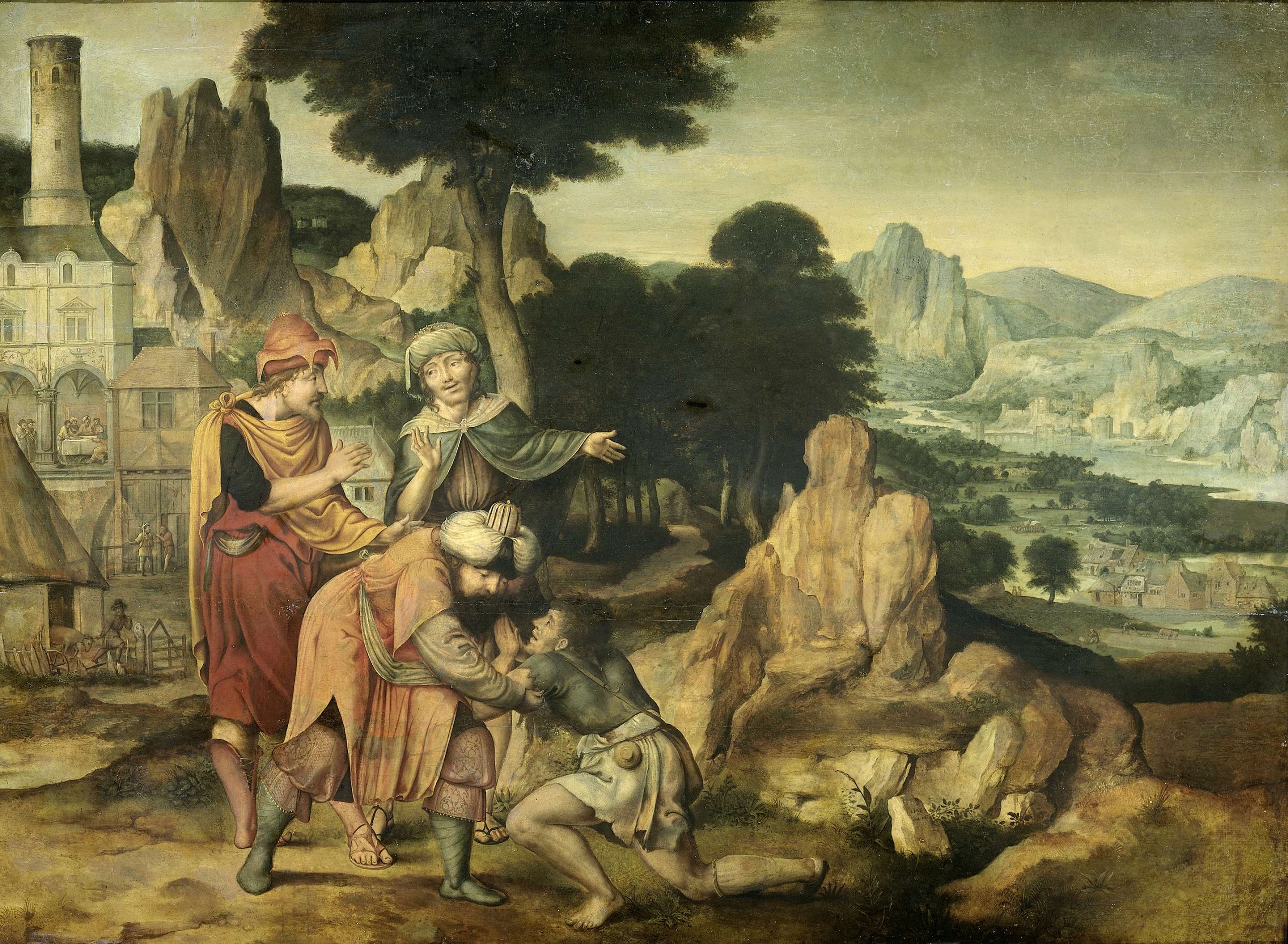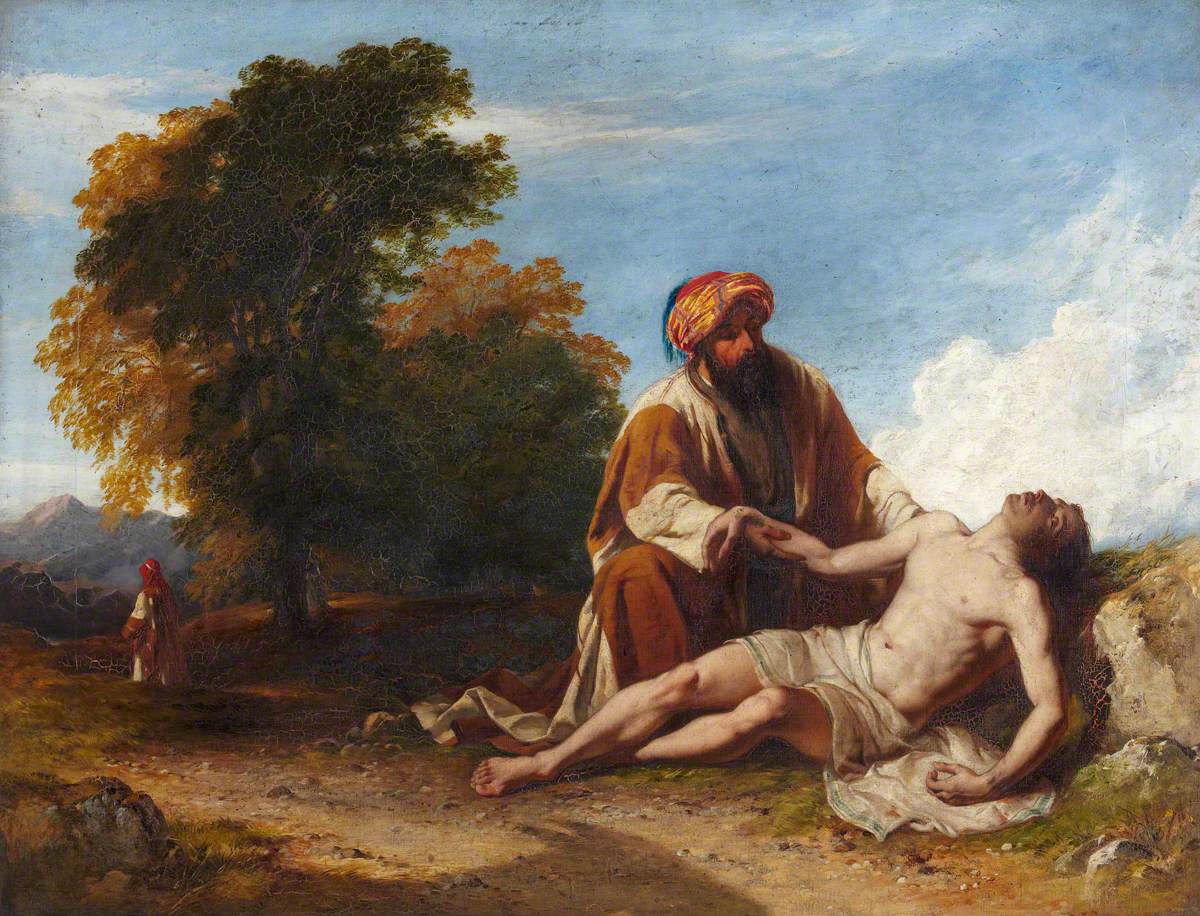Exploring the Parables of Jesus: Eternal Lessons in Stories
Throughout the Gospels, Jesus employs parables as a distinctive method of teaching, embedding profound spiritual truths in simple, everyday stories. These narrative gems serve not only as a cornerstone of Christian teaching but also as a universal tool for understanding the complexities of faith, morality, and our relationship with God and each other. The Parables of Jesus are integral to the biblical narrative, offering insights into the Kingdom of God and the ethical conduct expected from its inhabitants.

Historical and Cultural Context
The parables of Jesus are deeply rooted in the everyday life of 1st-century Palestine, using familiar scenarios to the audience of the time – such as farming, sheepherding, and domestic management – to convey messages that were both immediate and eternal. These stories were revolutionary, not only in their simplicity but in how they challenged prevailing views of justice, mercy, and God’s Kingdom. To fully grasp the parables, understanding the socio-political and cultural context of the era is crucial, as it illuminates the radical nature of Jesus’ teachings.
Key Themes and Stories
The parables cover a multitude of themes, from repentance and forgiveness to love and judgment. Notable examples include the Parable of the Good Samaritan, illustrating the command to love one’s neighbor beyond societal boundaries, and the Parable of the Prodigal Son, a profound story of forgiveness and the joy of reconciliation.
- The Kingdom of Heaven: Many parables, like the Mustard Seed and the Yeast, discuss the Kingdom of Heaven’s unpredictable and inclusive growth, challenging the exclusivist views of the religious elite of Jesus’ time.
- Repentance and Reconciliation: Stories such as the Lost Sheep and the Forgiving Father (Prodigal Son) place a strong emphasis on the joy in heaven over one sinner who repents.
- Justice and Mercy: The Parable of the Unforgiving Servant and the Good Samaritan call believers to exhibit divine mercy and justice in their lives.

Theological Implications
The parables of Jesus are multifaceted, exploring the nature of God as compassionate, gracious, and seeking to restore relationships with humanity. They reveal God’s Kingdom as ever-present and radically inclusive, inviting all to participate. Reflecting on these stories, believers are called to model their lives on these principles, promoting justice, exercising forgiveness, and practicing unconditional love.
Relevance to Modern Believers
In today’s context, the Parables of Jesus remain as relevant as ever, speaking to contemporary issues such as social injustice, community living, and personal spirituality. They offer a blueprint for navigating the challenges of modern life while staying anchored in faith. For instance, as we strive for justice in a fractured world, the Parable of the Good Samaritan urges us to cross societal divides, showing mercy to all, regardless of background or belief.
My personal journey of faith, marked by moments of doubt and discovery, has been deeply enriched by contemplating these stories. In the face of adversity and the complexities of modern life, the parables serve as a guiding light, reminding me that God’s wisdom and love are accessible in the most ordinary circumstances of life.
Engaging with the Parables
To deepen our understanding and application of Jesus’ parables, consider the following:
- Reflect on personal experiences or societal issues that echo the themes of the parables.
- Study the historical and cultural background to gain insights into the original context and intended audience.
- Engage with a community of believers to discuss and share insights on living out the principles illustrated in these timeless stories.

Conclusion
The Parables of Jesus are a treasure trove of spiritual wisdom, offering layers of meaning to uncover and apply. As we engage with these stories, we are invited to transform our understanding of God, ourselves, and the world around us. Let us delve into these narratives with open hearts and minds, ready to be challenged, comforted, and inspired.
For those seeking to explore further, additional studies on the Parables of Jesus, along with reflections on their application in the context of modern challenges, can offer rich resources for personal growth and communal engagement.



David, this article resonated deeply with me. After retiring from the military and working with veterans who battle PTSD, I’ve seen firsthand how powerful stories can be in healing wounds — not just physical, but emotional and spiritual. The Parables of Jesus, as you’ve highlighted, are indeed timeless, offering both solace and challenge. It’s refreshing to see them framed within the context of modern-day issues. It has made me reflect on how these lessons can be applied to the healing journey of the veterans I work with. Your piece has sparked a curiosity in me about further exploring these parables for their therapeutic value. Thank you for this insightful exploration.
Greetings, dear readers. I penned this piece to shine a light on the enduring wisdom of the Parables of Jesus. These stories are not just ancient texts but living narratives that continue to guide, challenge, and comfort us today. My hope is that by delving into these parables, we can find actionable insights for our lives, fostering a deep and meaningful connection with our faith. May this journey through the parables enrich your spirit as much as it has mine.